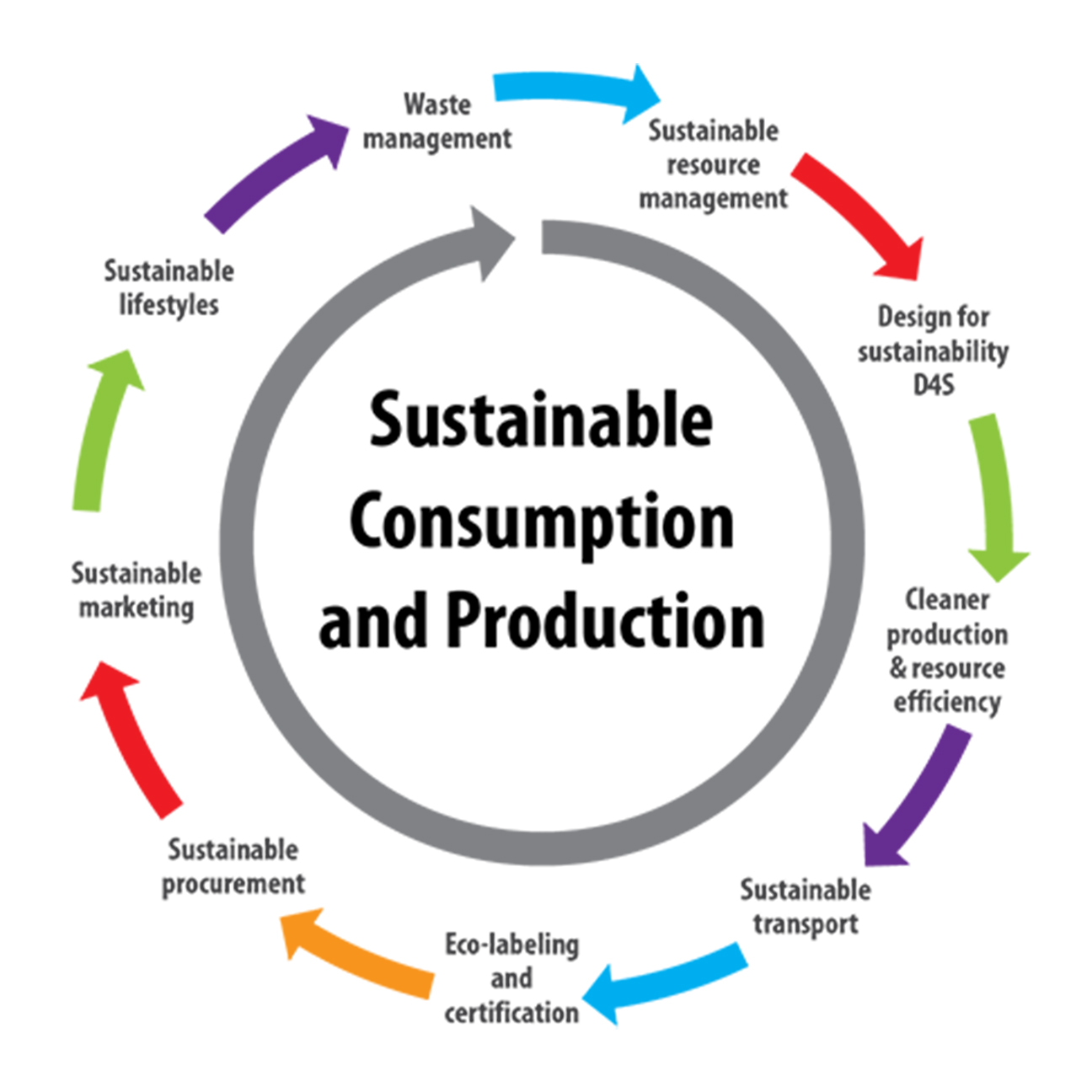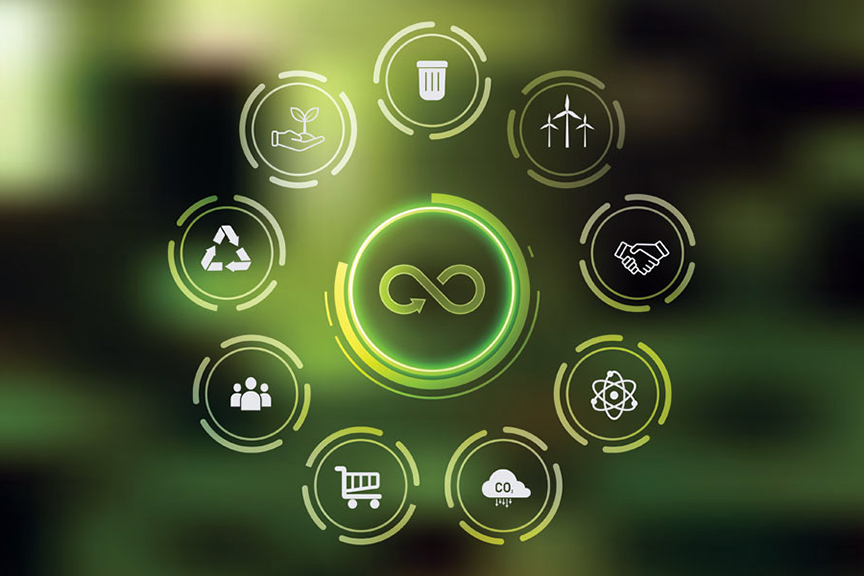Responsible consumption has emerged as a guiding principle for companies of all sizes and sectors. It goes beyond individual choices; it’s a collective commitment shared by manufacturers, distributors, retailers, and consumers alike to embrace a more sustainable future.
Consuming energy and resources responsibly is an ethos that hinges on the efficient use of resources and energy at every stage of the supply chain, from production to consumption. It represents a shared responsibility where each stakeholder plays a crucial role.
Manufacturers: Manufacturers are at the forefront of responsible consumption efforts. They must prioritize sustainable sourcing, reduce waste in production processes, and develop eco-friendly products that meet consumer demands.
Distributors: Distributors play a vital role in minimizing energy use and resource waste during transportation and warehousing. Efficient logistics and supply chain management are key.
Retailers: Retailers are responsible for providing sustainable options to consumers and reducing their environmental footprint through efficient store operations.
Consumers: Consumers drive the demand for sustainable products and influence companies’ sustainability practices through their choices.

Examples of Responsible Practices for Companies:
Promoting Alternative Commuting:
Encourage employees to carpool, use public transportation, or ride bikes to work. Implement initiatives such as bike racks and carpooling incentives to reduce the environmental impact of commuting.
Optimizing Logistics:
Utilize advanced logistics and rerouting strategies to minimize fuel consumption during product distribution. Adopting efficient route planning, consolidating shipments, and embracing fuel-efficient vehicle fleets can make a significant difference.
Minimal Packaging:
Embrace minimal packaging for your products. Reducing excess packaging not only minimizes waste but also cuts down on transportation costs and associated emissions. Use sustainable materials and consider refillable or reusable packaging options.
Sustainable Sourcing:
Commit to responsible sourcing by selecting suppliers who prioritize eco-friendly practices and ethical labor standards. Support sustainable agriculture and responsible resource extraction.
Energy Efficiency:
Invest in energy-efficient technologies and practices within your operations. This can include LED lighting, smart HVAC systems, and the use of renewable energy sources.
Waste Reduction:
Implement waste reduction measures, such as recycling programs and waste audits, to minimize the environmental impact of your operations.
Responsible consumption is not merely a corporate aspiration; it’s a journey that requires collective effort and commitment from all stakeholders. Companies play a pivotal role in driving sustainable change by making responsible consumption a core part of their business strategies. By embracing practices that prioritize resource efficiency, minimize waste, and reduce environmental impact, companies can simultaneously enhance their brand reputation, reduce operational costs, and contribute to a more sustainable world.






